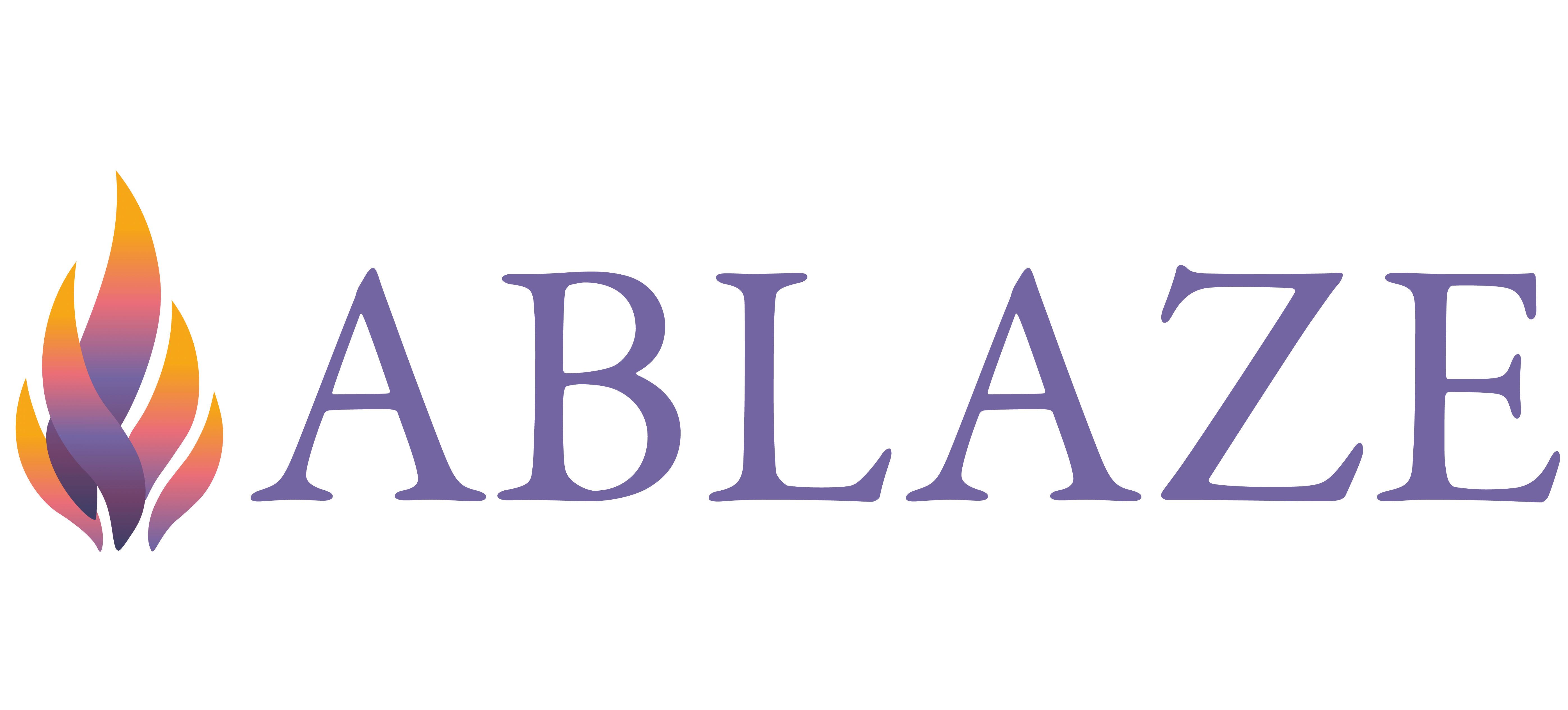Photo taken from Pexels
Hello to the twenty-year-olds who want guidance to become financially free. Before I go on to the tips and tricks on how to beat this capitalistic game, I figured you all deserve some advice despite what your bank account states.
Never let money become a burden. As troubling as this sounds, money is the solution for the life of luxury you seek. Yes, money doesn't buy you happiness, but having no money will never bring you comfort.
It is not fun when you tell your friends that you must miss out on a fun night out because your pockets are running low. You might be saying to yourself that you have bills to pay, and going out is the least of your worries. I am sorry to tell you this, but most of us have bills to pay. This should not prevent you from having new experiences that require you to pay.
You can make the best of what you have, but you will not be living the life you want. Becoming financially independent can be troubling if you are unsure where to start. That is why I am giving you all five tips and tricks to alleviate that financial burden.
1. Change Your Mindset
The first step to becoming financially free is to change your mindset. Having self-awareness about the financial decisions you are making will strengthen your discipline and confidence. You have to start believing that you will be able to become financially independent in a short matter of time.
If you continue to burden your thoughts with, “I am broke. I will never be able to pay off my debt. I am going to have to work for the rest of my life.”, you will manifest that exact fear.
Just like you should give yourself positive affirmations, you should speak positively about your finances and how you will resolve them.
2. Alleviate Your Debt
If you are in debt, the money you are making does not get to stay with you. It is important to note that eliminating all debt in one payment does ruin your credit. It is important to have a substantial credit score because it ensures that you can pay places that have a credit system.
There are two ways that you can avoid sabotaging your credit while making payments towards your debt: the “Debt Avalanche Method” and the “Debt Snowball Method.”
The “Debt Avalanche Method” is paying off your debt with the highest interest rate first, regardless of the balance. With this payoff strategy, you make minimum monthly payments on all your debt, but you put extra towards your debt with the highest interest. After paying the full amount of the highest interest, you will move on to the next higher interest.
The “Debt Snowball Method” is the exact opposite of the other method. Instead of putting more money towards the highest interest, you will put it towards the lowest interest.
3. Create an Emergency Fund
Establishing an emergency fund offers advantages in the long term. Imagine you’re faced with a situation where you have to replace your brakes or deal with a medical emergency. Saving an emergency fund enables you to retain your current income, ensuring all your money can be directed towards unforeseen emergencies.
A great starting point is $500, and as you become comfortable managing your budget, you can steadily add towards this fund.
4. Spend Less Than What You Earn
This next tip requires discipline and patience. Spending less than what you earn is an important financial strategy that promotes stability, reduces debt, builds wealth and ultimately provides you with more financial freedom.
This strategy can be done immediately, so here is a step-by-step guide on how to spend less than what you earn:
- Track your income and expenses.
- Create a budget based on your income and expenses.
- Identify areas for cutbacks.
- Set financial goals.
- Stick to your budget.
- Regularly review and adjust
5. Invest
Before I potentially discourage you with this tip, let me clarify that investing your money does not necessarily mean entering the stock market. If you would like to learn more about the stock market, I suggest reading E. Napoletano’s article “How to Invest in Stocks”. While this is a common suggestion, I want to share the alternative methods to start investing:
-
- Education and Skills Development: Investing in your education and skills can potentially lead to higher earning potential in the future. Education can be acquired from courses, financial books, and podcasts.
- Collectibles: You can invest in collectibles like art, rare coins, stamps or vintage assets that will be appreciated over time.
- High-Yield Savings Account: This is not a traditional way of investing, but high-yield savings accounts offer higher interest rates compared to regular savings accounts.
Extra Guidance
You can further enhance your understanding of financial freedom by exploring insights from reputable individuals on free platforms such as YouTube. My personal favorites include Brittney Castro, Cherry Tung, and Lynn Allure.
Beginning the path to financial freedom requires commitment, discipline, and dedication. It is important not to be disheartened if you do not attain financial objectives by the end of your twenties; this is a common occurrence.
However, by consistently following these five principles, you can create a solid foundation that will lead you toward financial success. May your journey toward financial freedom start now, so you can start living the life you want.





